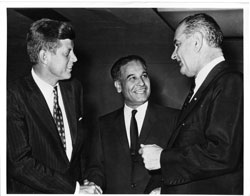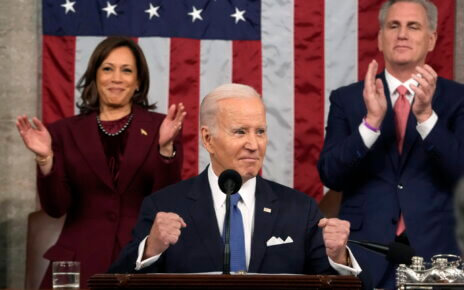Monmouth Park Will Soon Expand Its Gambling Selection
 The Christie Administration took an initiative to revitalize the struggling casino industry by enabling casinos and horse tracks to permit sports gambling. The directive, allows gambling institutions to maintain sports pools “without criminal or civil liability,” and was issued Sept. 9, according to the Governor’s website.
The Christie Administration took an initiative to revitalize the struggling casino industry by enabling casinos and horse tracks to permit sports gambling. The directive, allows gambling institutions to maintain sports pools “without criminal or civil liability,” and was issued Sept. 9, according to the Governor’s website.
Betting on sports teams does have some guidelines. First, wagering is prohibited on any of New Jersey’s amateur athletics organizations. Adding to this, the directive prevents wagering on any teams that are playing within the state. For example, if the Duke Blue Devils play a basketball game at the Prudential Center in Newark, NJ, betting is prohibited. However, if the same team plays in North Carolina, betting is permitted.
According to Dr. John Buzza, specialist professor of business, sports wagering could provide a much needed boost to faltering NJ casinos. Buzza said, “My feeling is that sports wagering is simply another way for the general public to spend their disposable income in a gambling mode. Will it have impact on the casinos? For sure!”
He continued, “Over 90 million dollars was bet in Las Vegas alone on the Super Bowl, so there certainly is a market for sports betting, especially in the NY/NJ metropolitan area.”
Considering the prominence of professional sports in the tri-state area from major leagues including the NBA, MLB, NFL and NHL, sports wagering has the potential to bring casino closures to a halt.
Buzza expects Monmouth Park to be the first to offer sports gambling in order to gauge the market. However, if the federal government intervenes, Buzza said “the penalty might include closure of the track,” leading to a fate similar to Showboat Atlantic City.
This unilateral move by the Christie Administration is proving controversial. Despite its intentions to save a floundering market, legal troubles arise. Particularly the federal government’s response is paramount in determining the fate of sports betting in NJ.
Professor Gregory Bordelon, lecturer of political science, noted, “The state’s sports betting laws in the NJ statutes have been declared unconstitutional by the US Third Circuit Court of Appeals.” The legal ruling is based on the Professional and Amateur Sports Protection Act of 1992, which, according to Bordelon, “prohibits expansion (beyond the four states [OR, DE, MT and NV] that were grandfathered in in 1992) of sports betting.”
JD Luca, a senior political science major, believes Christie’s motion is the proper response to restoring NJ casinos. He said, “From a state’s perspective [sports betting] is a great source of income.”
He continued, “So I think Christie is not necessarily looking at it person by person, but he has the impression it will provide a great sense of income toward the state.”
Angela Ryan, a junior political science major, agreed, adding, “I think sports betting in casinos and race tracks is an excellent idea. The state will be able to tax the profits can also regulate what is going on.”
However, Bordelon explained that although NJ’s political parties agree on the benefits from sports wagering, the Christie directive faces considerable backlash from both the federal government and professional sports leagues. NJ’s federal district court is set to rule on the motion on October 6.
According to Bordelon, professional and collegiate sports leagues “will likely challenge the court’s Oct. 6 decision if it endorses the governor’s plan to not prosecute private organizations that allow sports wagering.”
Regarding the federal government, Bordelon said, “the federal government’s authority under PASPA allows the Feds to take action against private individuals, much like the authority of the federal government to enforce drug prohibitions.”
The NJ casino industry is fighting an uphill battle. Despite the economic incentive to incorporate sports wagering, national forces are likely to repress the Garden State’s attempt to save a dying market.
IMAGE TAKEN from The Link News


